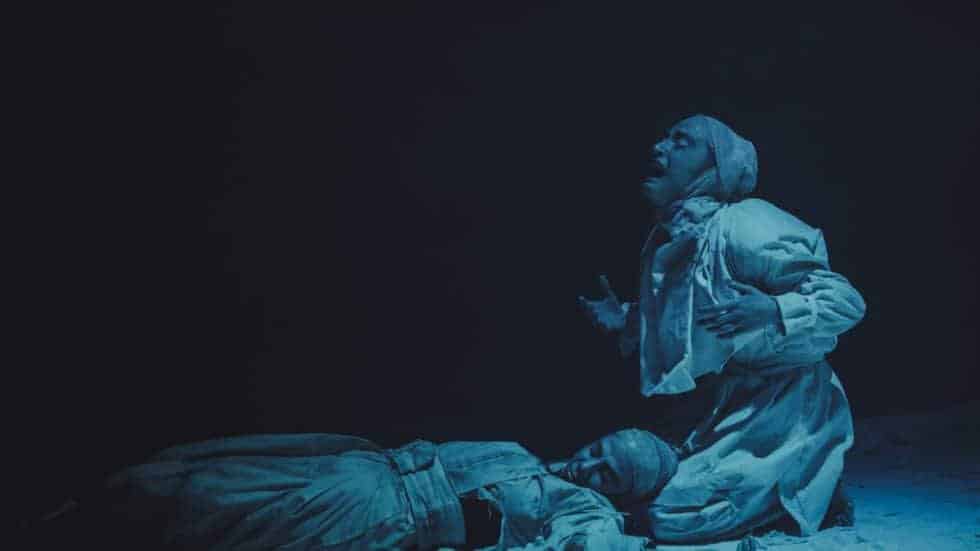Theater, as a dynamic form of art and expression, has consistently held a mirror to society, resulted in dialogue and debate, and catalyzed change throughout history. It serves as a platform for social commentary, cultural keeping, and the exploration of diverse perspectives, ultimately shaping the way nations and individuals perceive the world.
Theater often goes to the heart of social issues, compelling audiences to confront uncomfortable truths about their own communities. Plays like Aristophanes’ “Lysistrata” (411 BCE) challenged traditional gender roles and questioned the promotion of war by showcasing women who took. a stand against the Peloponnesian War. Similarly, Gogol’s “The Inspector General” (1836) made fun of corrupt and dishonest Russian officials, which led people to demand change and caused social unrest.
Beyond social commentary, theater plays a crucial role in cultural preservation. By teaching through stories, myths, and legends, it connects people to their roots and strengthens their cultural identity. Sophocles’ “Oedipus Rex” (c. 429 BCE) explored weighty questions about destiny, free will, and the consequences of defying divine order, deeply influencing ancient Greek society’s understanding of their place in the cosmos.
Theater provides a unique platform for diverse voices and perspectives to be heard. Shakespeare’s “The Merchant of Venice” (c. 1596) sparked discussions about religious intolerance and social injustice through the complex relationship between Shylock, a Jewish moneylender, and Antonio, a Christian merchant. Similarly, modern theater continues to address current problems such as racism, sexism, and political corruption, fostering public debate and inspiring social movements.
By presenting complex characters and morally open-ended situations, theater encourages critical thinking and challenges audiences to analyze the motivations behind actions and the consequences that follow. Shakespeare’s “Hamlet” (c. 1600) explored themes of mortality, revenge, and the corrupting influence of power, prompting introspection about human nature and the complexities of moral choices.
Theater’s emotional impact is equally significant. By creating an emotional connection with characters and their struggles, it can inspire empathy and a desire to make a difference. Chekhov’s “The Cherry Orchard” (1904), depicting the decline of the Russian aristocracy and the rise of a new social order, resonated with audiences experiencing the anxieties and uncertainties of a society in transition.
Throughout history, theater has proven to be a powerful force shaping societies and influencing individual thought processes. From ancient Greece to modern times, playwrights have used this art form to challenge societal norms, spark conversations, and inspire change. As a mirror reflecting the complexities of human existence, theater continues to hold a vital place in our cultural landscape, fostering understanding, empathy, and critical thinking.


